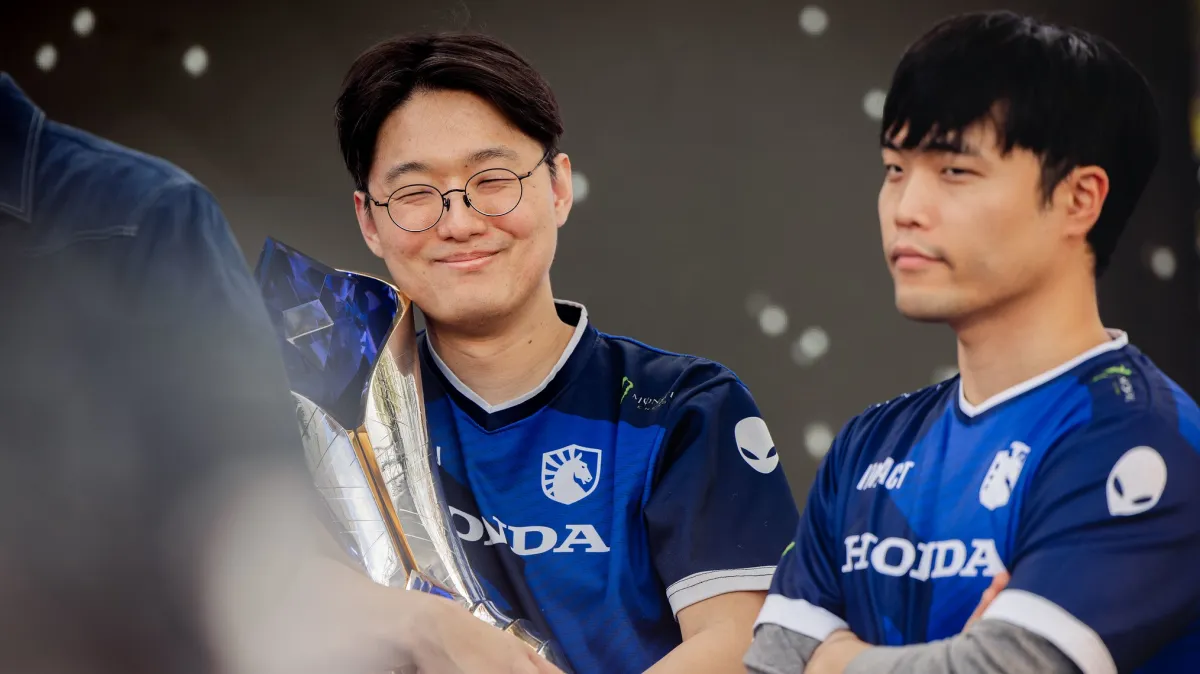In the competitive landscape of League of Legends esports, the international success of North America has often coincided with pivotal moments in European League of Legends history.
The golden eras of the League of Legends Championship Series (LCS) are marked by two consecutive milestones: Cloud9’s advancement to the semifinals of the eighth season’s World Championship and Team Liquid’s runner-up finish in the fifth Mid-Season Invitational (MSI).
During this period, Team Liquid boasted Jo “CoreJJ” Yong-in and Jeong “Impact” Eon-young in their starting lineup, a combination that remains intact in 2024. While time has marched forward, the organization has once again turned to these South Korean veterans to secure a league victory for the first time since 2019.
The Impact of CoreJJ and Impact in 2019
Yiliang “Doublelift” Peng breathed new life into Team Liquid in 2018, a club all too familiar with fourth–place finishes and disappointments. Doublelift assumed a leadership role on a team hungry for success. Impact joined the roster that same year alongside Jake “Xmithie” Puchero, an often-underrated stalwart of North American League of Legends.
Throughout the eighth season, Liquid broke their title drought but struggled on the international stage. The following year necessitated further evolution and new nuances for the project, embodied by two players: Nicolaj Jensen and CoreJJ.
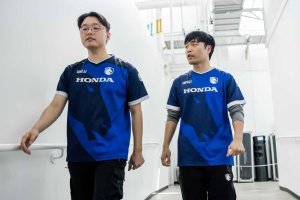
In the eighth season, Impact, a world champion yet to claim domestic success in North America, and Doublelift, the region’s premier player yet to translate domestic success onto the international stage, shared a common destiny.
This was also true for Xmithie, who held the title of North America’s top native jungler until new stars like Robert “Blaber” Huang emerged. Recognizing that individual brilliance alone could not propel them forward internationally, Team Liquid sought subtle synergies through its top lane.
With Jensen’s arrival, Liquid revived a core from Cloud9 that had previously competed at an international level before 2018. As for CoreJJ, Liquid capitalized on Gen.G’s disappointing performance in the previous World Championship to secure one of the world’s top players.
Although CoreJJ had not previously played with Eon–young, their shared playstyle, cultural background, and vision were sufficient.
How Team Liquid Leveraged Their Strengths Against Invictus Gaming
The first full season of the enhanced Team Liquid project culminated in their third consecutive LCS title. They faced stiff competition from TSM, who took an early lead and forced Liquid to stage a comeback. Impact, like Jensen, clinched his first LCS title. However, his knack for performing in crucial moments was already ingrained.
CoreJJ dominated both the competition and solo queue with an iron fist, earning him MVP honors. Yet, he understood the importance of teamwork and collective effort in achieving victory. For Doublelift, the Spring Split carried additional emotional significance, but most importantly, it showcased the team’s superior gameplay. It was at MSI where the world took notice.
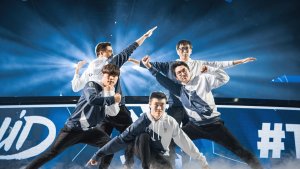
Team Liquid transitioned from the brink of elimination in the group stage to becoming runners-up by adhering to a simple game plan. They recognized that they did not need to reinvent the wheel; Team Liquid did not have to mimic G2 Esports.
Instead, they stayed true to their style: focusing on team fights, the factor that set them apart in North America and highlighted the difference between Eastern and Western approaches. Paired against Invictus Gaming in the tournament playoffs, the world was shocked, as the reigning world champions were now their opponents.
However, Liquid’s roster was not fazed, as Xmithie revealed in a documentary about the tournament: “I felt like IG’s style of play was favorable for us. We had a bigger advantage compared to any other team at MSI.”
Coach Jack “Kayys” Kaiser, Liquid’s analyst at the time, outlined the strategy before the match: “We have to win or trade two-for-two in mid, we should play around bot lane and break it from mid to bot if possible. From there, we have to figure out how to overcome them in team fights with win conditions.”
Coach Cain’s analysis revealed what ultimately led to Team Liquid’s victory over Invictus Gaming in the semifinals: “Invictus Gaming is a team that loves to fight as a team. Therefore, we banned comfort picks for their players and picked champions that excel in team fights. That’s how we won.”

The Role of the South Korean Duo
All statements from the coaching staff translated into Team Liquid’s compositions, always equipped with the tools for more comfortable team fighting. Xmithie relentlessly pursued Gao “Ning” Zhen-Ning, as the 2018 World Championship MVP clearly played towards the top lane and needed to be neutralized to avoid compromising win conditions.
Doublelift scaled with more range than Yu “JackeyLove” Wen-bo’s Kai’Sa, obsessively focusing on the champion. Jensen consistently had a favorable matchup against Song “Rookie” Eui-jin, remaining comfortable or able to clear waves even in the worst-case scenario, as the South Korean mid laner was contending for the title of best player in the world.
Impact and CoreJJ played enabling roles that allowed their teammates to shine. The top laner had self-sufficient champions with powerful ultimates to decide team fights. Neeko and Kennen were his priorities, while Sylas emerged as a counterpick to the Camille due to his ability to steal her ultimate.
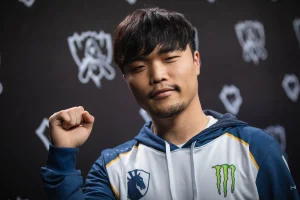
Despite facing Kang “TheShy” Seung-lol, as he admitted in a post-match press conference: “Before the match, I was focused on doing well alone… But the laning phase was a bit regrettable.”
Meanwhile, the support delivered a masterclass in disengage against Invictus Gaming, ending the series with 63 kill participations (five kills and 58 assists) out of a total of 78. He had windows for initiations and all-ins, but his primary role was to protect Doublelift and Jensen.
“As we played against them, we realized more and more that their style of play was very important, and we had to identify their plan and respond to it because we fought better than them,” Xmithie told the club’s media. The series against Invictus Gaming epitomized what propelled Team Liquid to become MSI 2019 runners–up.
Statistically, it was not the best tournament for either Impact or CoreJJ, with their kill participation rates at 53.1% and 59.4%, respectively. However, their most-played champions—Kennen and Gangplank for Impact; Galio, Braum, and Tahm Kench for CoreJJ—reflected their adaptability to the team’s needs.
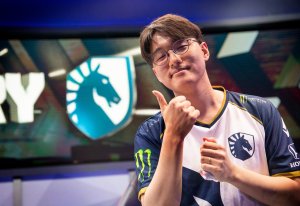
They shone when the team needed them most, leaving an indelible mark on history. Five years later, Liquid has returned to these foundational elements to clinch another LCS title and secure a spot at MSI once again.
However, a new year and the difference in individual skill among their carries compel the organization to seek additional nuances in pursuit of success that is not currently expected of them.
Conclusion
In the annals of League of Legends history, CoreJJ and Impact stand as pillars of Team Liquid’s journey to international prominence.
Their strategic brilliance and adaptability played pivotal roles in defining Liquid’s identity and success. As the organization continues to evolve, their legacy remains a testament to the enduring impact of teamwork and strategic depth in the world of esports.
Faker to Headline League of Legends Hall of Fame and Receive Exclusive Ahri Skin

